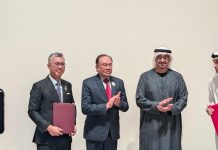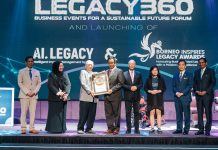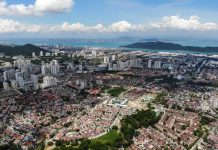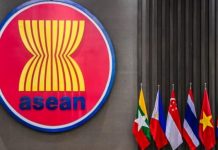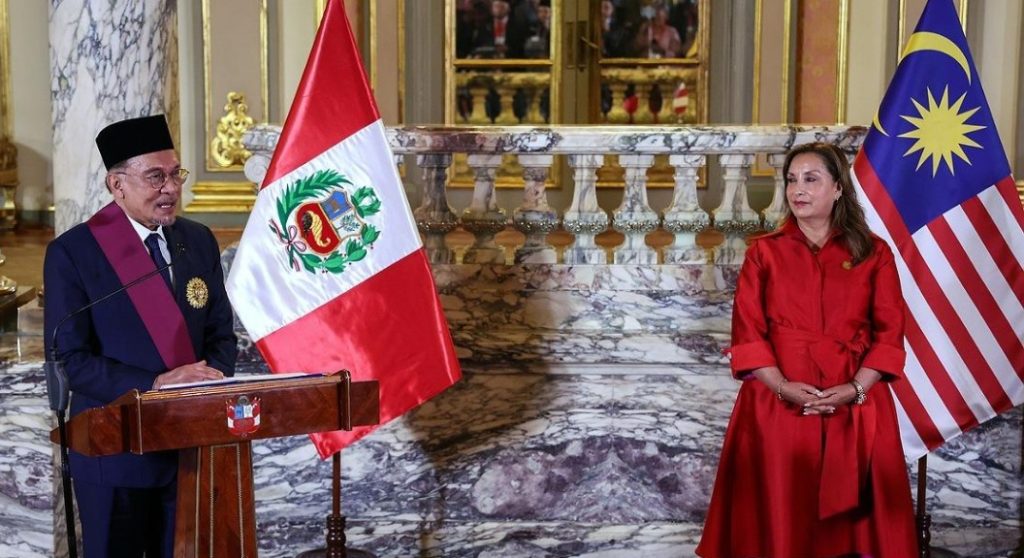
From recent visits to Peru and Brazil, Malaysian Prime Minister Datuk Seri Anwar Ibrahim is confident in Malaysia’s global recognition on the global stage as numerous world leaders expressed their interest in meeting him.
Anwar noted that Malaysia’s achievements in combating corruption caught the attention of Peru Persident Dina Ercilia Boluarte Zegarra, who expressed interest in learning from the experience of the Malaysian Anti-Corruption Commission (MACC) to address corruption in her country.
He added that the Minister in the Prime Minister’s Department (Law and Institutional Reform) Datuk Seri Azalina Othman Said is now chairing the International Anti-Corruption Academy, following MACC’s good performance, a recognition that benefits Malaysia.
From there, Anwar pointed out that the international trade system needs urgent reforms as the world continues to witness unfair trading practices despite the presence of the World Trade Organisation, as the world still faces protectionist measures and the imposition of non-tariff barriers that undermines developing countries.
“Trade no longer offers developing nations a ladder up the value chain,” he said, adding that export markets have become concentrated and dominated by large corporations and digital platforms.
He also reiterated that international trade must not only be free but must be humane and equitable since world trade is also witnessing a growing technological divide that undermines progress on climate change and health security, as the current intellectual property regime now imposes substantial barriers to technology transfer.
“The way forward calls for thoughtful reform of intellectual property frameworks to expand access to technology while still incentivising innovation. Such a balanced approach would allow us to address shared challenges and promote inclusive, sustainable development,” he noted, adding that bridging this technological divide is essential to build a world where all nations can contribute towards collective prosperity.
He again called for a more robust and fundamentally different kind of multilateralism that requires global rules prioritising equitable development, a genuine voice for developing nations and strong measures to combat crimes against humanity.
“We need inclusivity, sustainability and justice. The multilateral system is a contested space. Powerful forces oppose progress, but the challenges confronting humanity – whether climate catastrophe or poverty – can only be solved collectively. No nation can do it alone,” he insisted.
Therefore, Anwar emphasised the importance of steadfast and credible partners for Malaysia and like-minded nations in their quest to create a fairer world.
“This is why Malaysia has worked to forge stronger ties with champions of multilateralism, guided by a renewed foreign policy rooted in inclusion and justice. The current configuration of global governance is suboptimal. It is simply unable to meet today’s challenges,” he pointed out.
Meanwhile, Khazanah Research Institute research advisor Jomo Kwame Sundaram said advised the Global South to overcome its differences and unite to become more effective and better equipped to navigate global challenges, particularly in light of US President threatening tariff specifics for BRICS member nations.
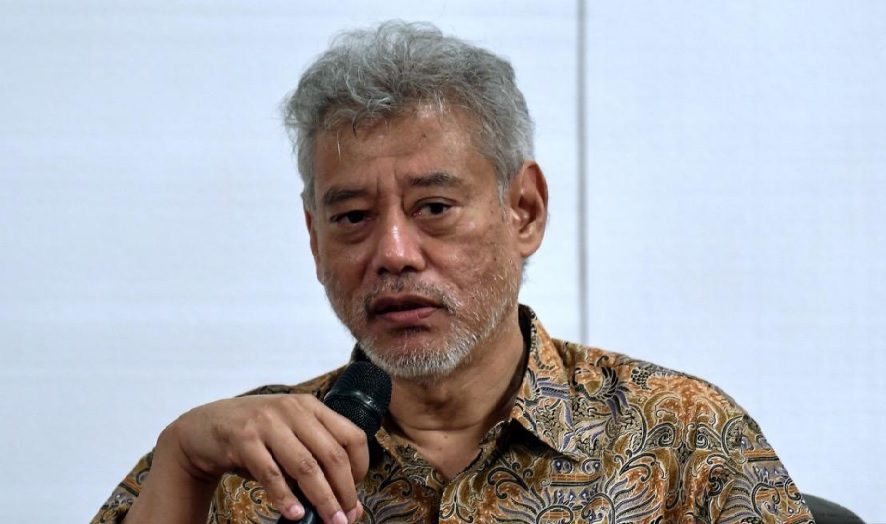
Specifically, Trump demanded the bloc to commit in using the greenback as its reserve currency or he would impose a 100% tariff on any BRICS country that attempts to move away from the US dollar in international trade.
Trump also pressured them to use the greenback as their reserve currency and refrain from creating a new BRICS currency or backing alternatives.
Jomo also stated that the region has consistently subsidised the US by adopting the US dollar as the common currency of the world.
“We are essentially – by buying and trading the US dollar for assets each week. We are basically and consistently subsidizing the US. This is a reality. So, what we find is that the de-dollarisation proposal is not as special,” said Jomo.
“I think it is important to recognise that recently China’s central bank, the People’s Bank of China, has decided to issue US-denominated bonds, which it will finance internally,” he noted, adding that Brazil, South Africa and occasionally Russia are primary supporters of the (de-dollarisation) proposal, but cited that progress has been slow.
Therefore, he stated that without the West readiness, temporarily influenced by the pandemic, there is a genuine opportunity to explore and expand possibilities within the system, provided there is a collective goal.
“But this is not going to come about unless the South gets together at least minimally,” he said.
Finally, he called on the South to strengthen financial cooperation and develop alternative financial architecture to reduce dependence on a Western-led system and to ‘think seriously about the future’.














